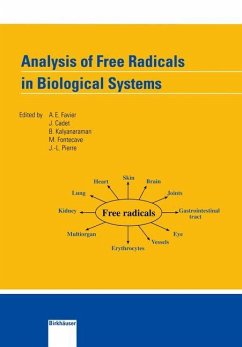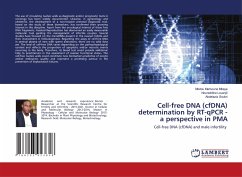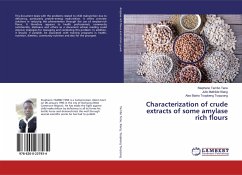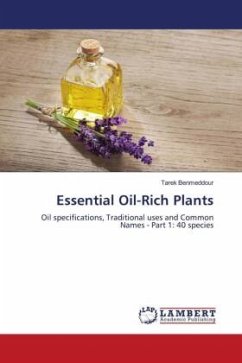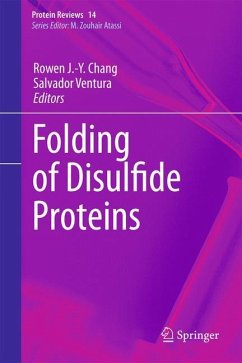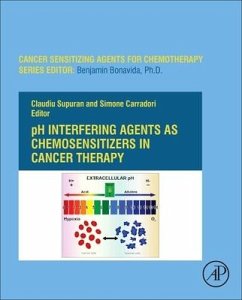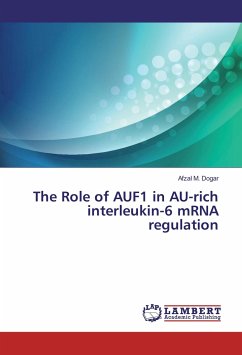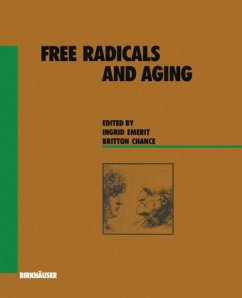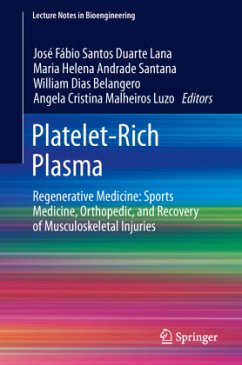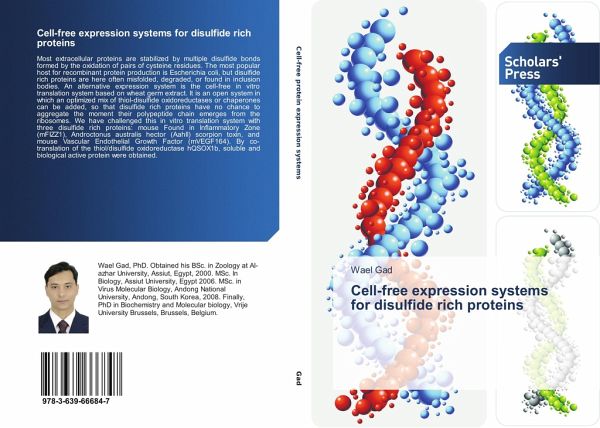
Cell-free expression systems for disulfide rich proteins
Versandkostenfrei!
Versandfertig in 6-10 Tagen
53,99 €
inkl. MwSt.

PAYBACK Punkte
27 °P sammeln!
Most extracellular proteins are stabilized by multiple disulfide bonds formed by the oxidation of pairs of cysteine residues. The most popular host for recombinant protein production is Escherichia coli, but disulfide rich proteins are here often misfolded, degraded, or found in inclusion bodies. An alternative expression system is the cell-free in vitro translation system based on wheat germ extract. It is an open system in which an optimized mix of thiol-disulfide oxidoreductases or chaperones can be added, so that disulfide rich proteins have no chance to aggregate the moment their polypept...
Most extracellular proteins are stabilized by multiple disulfide bonds formed by the oxidation of pairs of cysteine residues. The most popular host for recombinant protein production is Escherichia coli, but disulfide rich proteins are here often misfolded, degraded, or found in inclusion bodies. An alternative expression system is the cell-free in vitro translation system based on wheat germ extract. It is an open system in which an optimized mix of thiol-disulfide oxidoreductases or chaperones can be added, so that disulfide rich proteins have no chance to aggregate the moment their polypeptide chain emerges from the ribosomes. We have challenged this in vitro translation system with three disulfide rich proteins: mouse Found in Inflammatory Zone (mFIZZ1), Androctonus australis hector (AahII) scorpion toxin, and mouse Vascular Endothelial Growth Factor (mVEGF164). By co-translation of the thiol/disulfide oxidoreductase hQSOX1b, soluble and biological active protein were obtained



